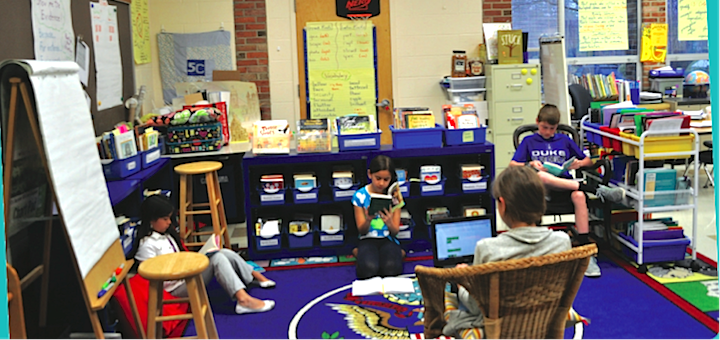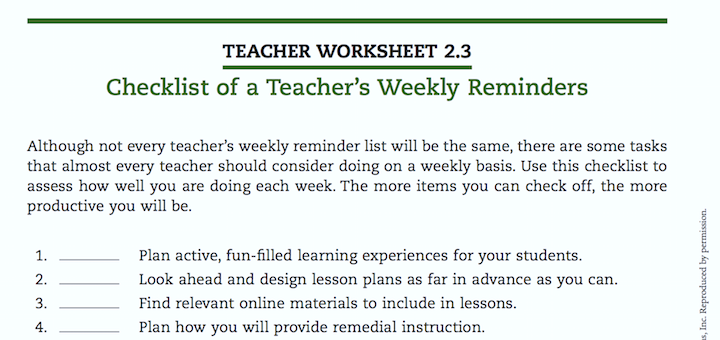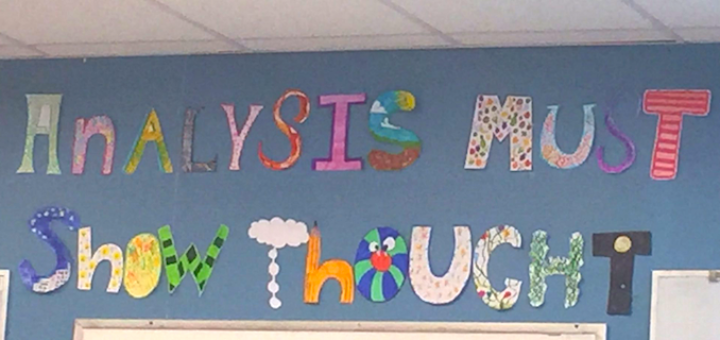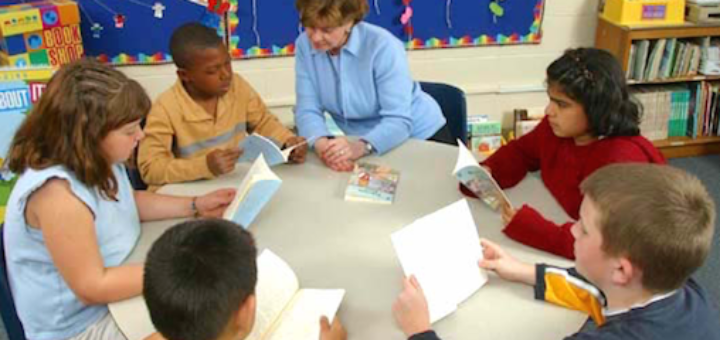3 Ways to Help Students Analyze Visual Texts
Kids love visual texts such as art and photographs, but as with written texts, they often don’t know where to begin when asked to look at the works critically. Author and NBCT Marilyn Pryle finds that if given specific doorways, her students have much richer discussions.




















